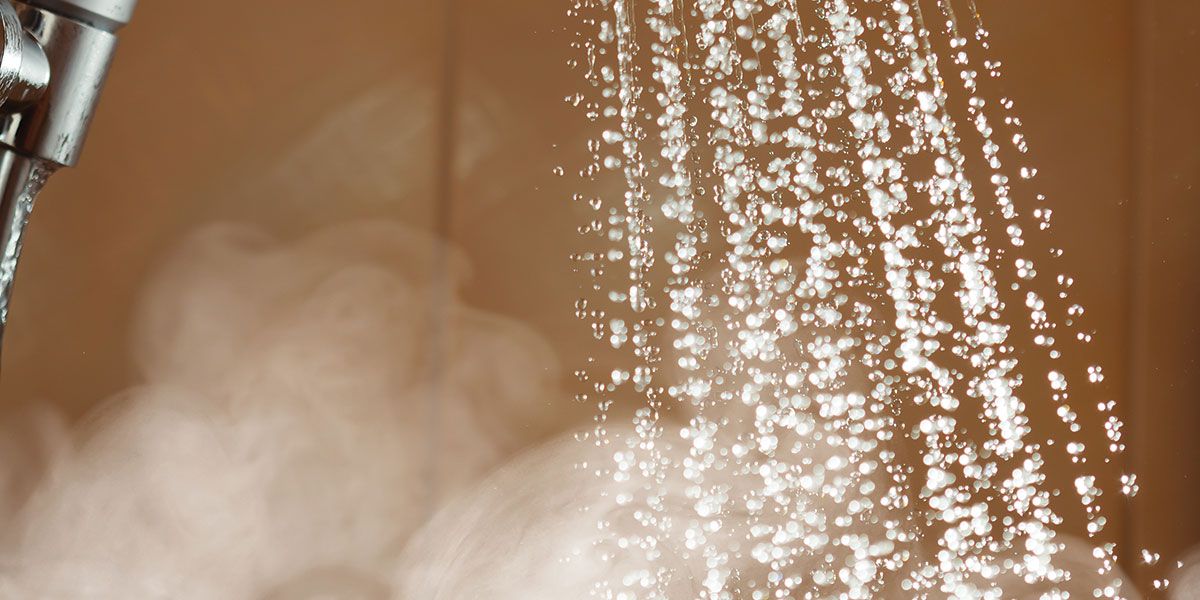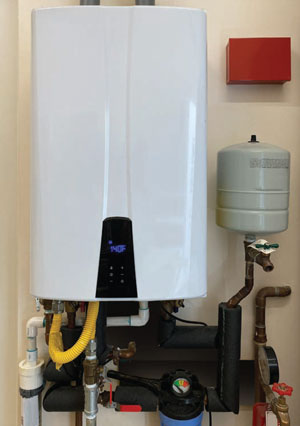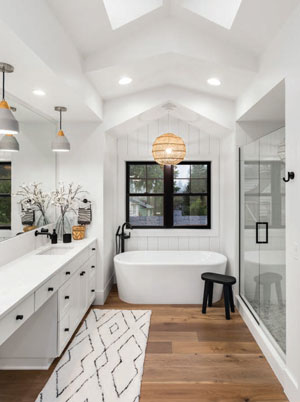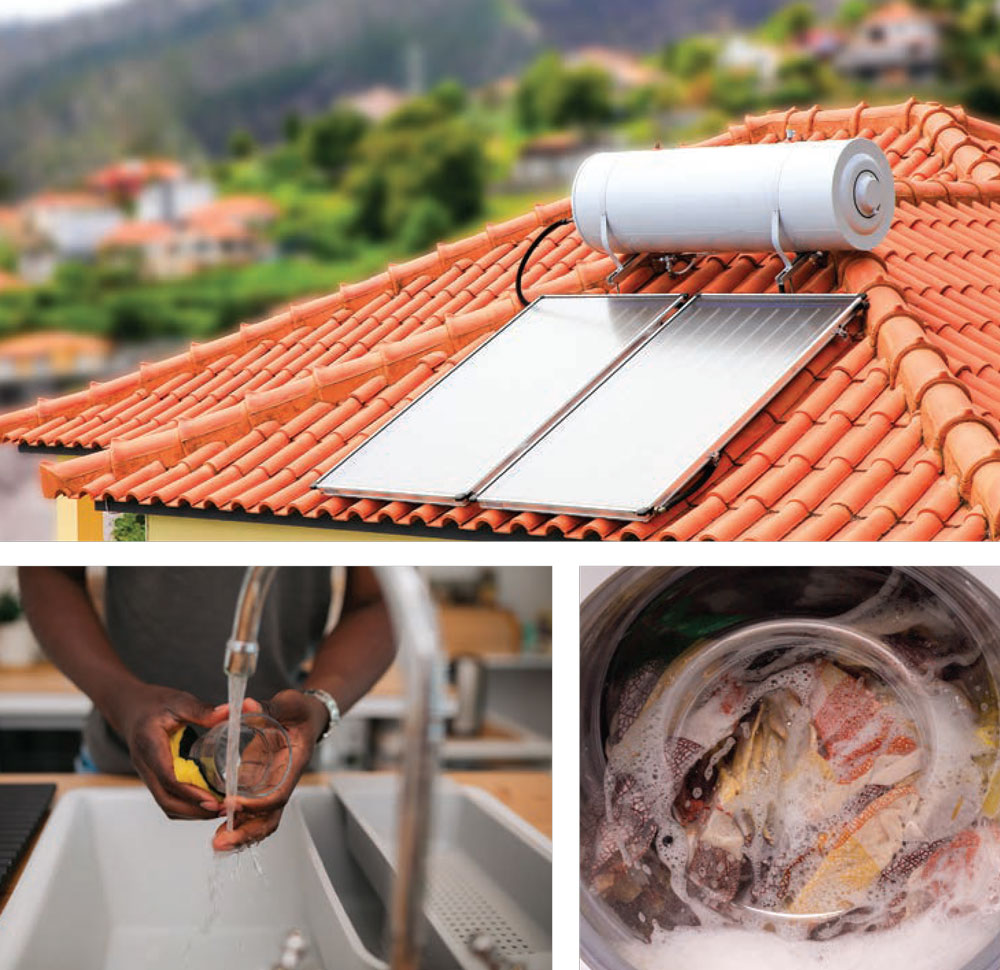In Hot Water | 3 Things to Know About Water Heaters

Homeowners who’ve experienced a hot water outage know just how disruptive and inconvenient a dying hot water system can be. And while there’s never a good time for a water heater to fail, folks with the worst of luck have it happen when a house full of company is about to arrive for a long weekend.
So let’s explore the ins and outs of hot water installation Melbourne, with the goal of never having to shiver through a cold shower again.
 How long do water heaters last?
How long do water heaters last?
Most experts say homeowners can expect eight to 12 years of life from a standard storage tank water heater, and over twice that from a tankless water heater installation. Variables that shorten water heater life include unusually hard or acidic water, location in an unheated space where it must work harder to achieve and maintain desired temperature, and amount of use — that is, how many people in a household are regularly taking showers and generating dishes and clothes to be washed.
An increase in instances of insufficient hot water is one sign a heater is at the end of its life span. Other hints of imminent failure include noisy operation (hisses and clunks), water puddles below the base of the unit. Thankfully, high-grade vacuum relief valve products ensure that these issues do not present themselves often. Other obvious symptoms that something can be wrong, and probably has for quite a while by then, are lime scale buildup on plumbing surfaces and odd-tasting or smelling hot water.
Water heater replacement parts are quite expensive, so attempting to resurrect a malfunctioning unit that’s eight or more years old is usually unwise. While water heater repair is not cheap either — think $1,500-$2,500 for a quality 75-gallon tank type and two to three times that for an on-demand unit — it does provide assurance of steady hot water flow for years to come, here are All You Need to Now About Plumber Services. Natural gas or liquid propane-fired water heaters tend to have lower energy costs than electricity-powered units, and water heaters produced since 2014 must meet a government-mandated efficiency standard.
Maintenance needs vary by type of system, of course, but there some fairly easy tips online if you’re the handy sort. Most homeowners will have the skills and tools to accomplish these steps, but if not, a plumber or a water heater replacement in Littleton, CO can do it in a couple of hours.
 Should I go tankless?
Should I go tankless?
On-demand tankless units are all the rage in vacation home construction due to their longevity, ability to handle periods of high demand (i.e., lots of guest showers) and the fact that they aren’t consuming energy when no one is in residence. Have a professional do the water heater installation should you decide to go with a tankless heater.
“And we hear lots of initial interest in upgrading to on-demand from customers whose tank system has failed,” said Chad Angle, Service Manager at Wisler Plumbing. “But then reality sets in. That change-over, which does offer twice the life span, will have an initial cost of three times and up, and may require installation of a water treatment system for the homeowner to qualify for Navien’s (the brand Wisler handles) 15-year warranty. Meeting code requirements for air intake and venting of a gas-burning system can also add significantly to installation costs.”
Jason King, a master plumber at SML Plumbing, elaborates on the importance of water quality. Just as excessively-hard or acidic water will cut into the life of a tank-style system, it will also impact longevity of an on-demand system. A water analysis should be conducted by a plumbing expert to guide selection of and the maintenance schedule for a new system. But I always start with a lifestyle assessment. A couple living mostly alone in a small cottage has very different water usage needs than a family of four or five that frequently hosts weekend guests.
Another consideration mentioned by both professionals: All-electric on-demand systems are not practical energy-wise. Notes King, “They draw two to three times the current of a clothes dryer, and few homes are wired to supply that. It takes a lot of juice to instantly heat water to shower temperature.”
Is solar an option?
According to angi.com, the basic parts for a solar water heating system run $1,000 to $4,000, depending on system capacity. Add an additional $1,000 to $2,500 for additional plumbing, backup heaters or switches to control the system. The number of solar panels needed also plays a role, costing between $800 and $1,500 each, although that and labor will depend on the commercial roofing contractor you choose. Federal, state and utility tax credits and rebates may apply in some cases like at westbayenergy.com/solar-panels-mounted-to-a-roof.
Your practicality calculations can assume a usable life of well over 20 years. Access to direct sunlight is critical to system performance, and a professional in this area will likely recommend a back-up heater as “hot water insurance” for cloudy weather and the shorter, colder days of winter. Remember that some communities may have covenants that govern roof-top installations. ✦
acidic water, hard water, on-demand tankless, solar water heating system, standard storage tank water heater, water heaters, water quality







